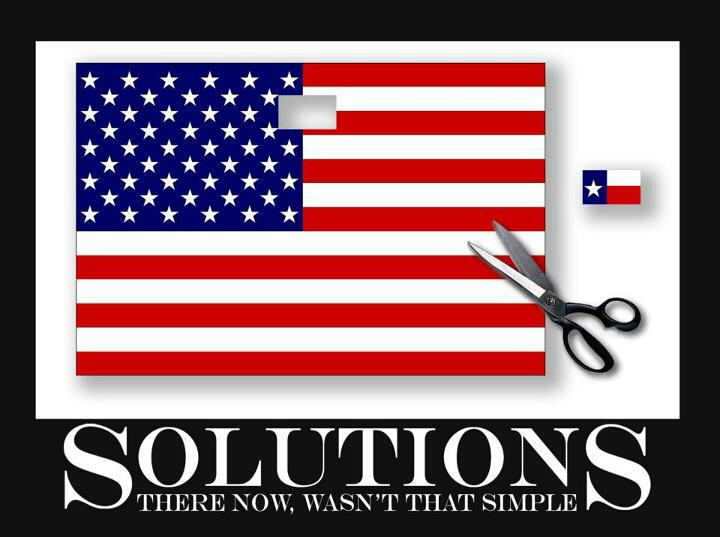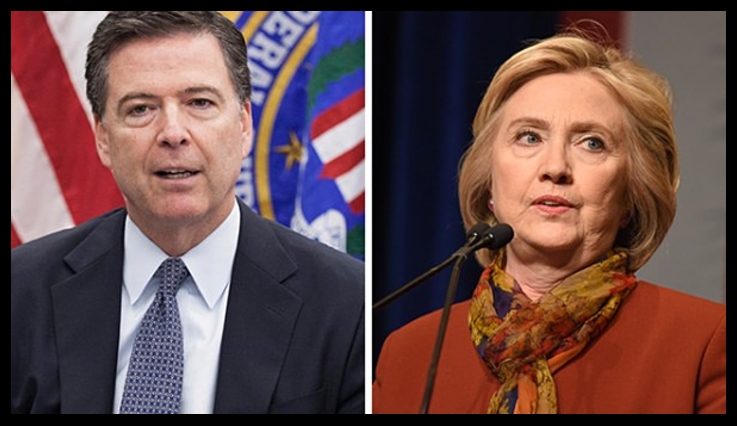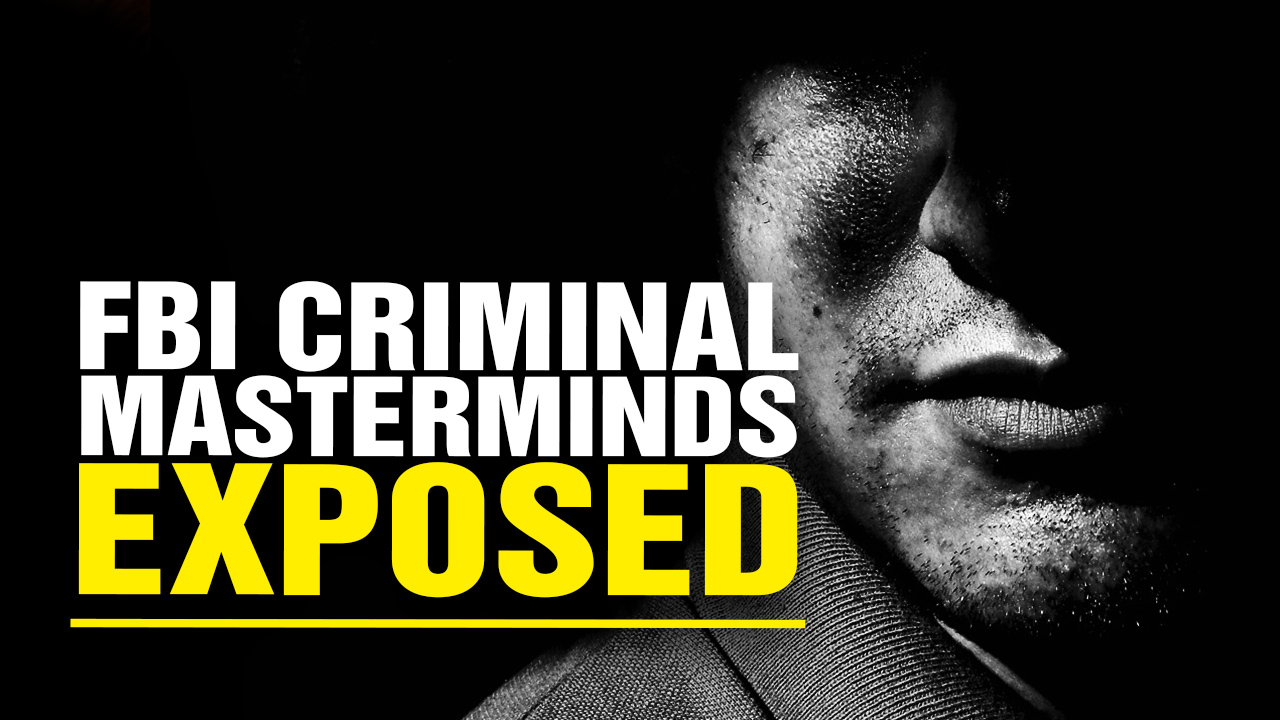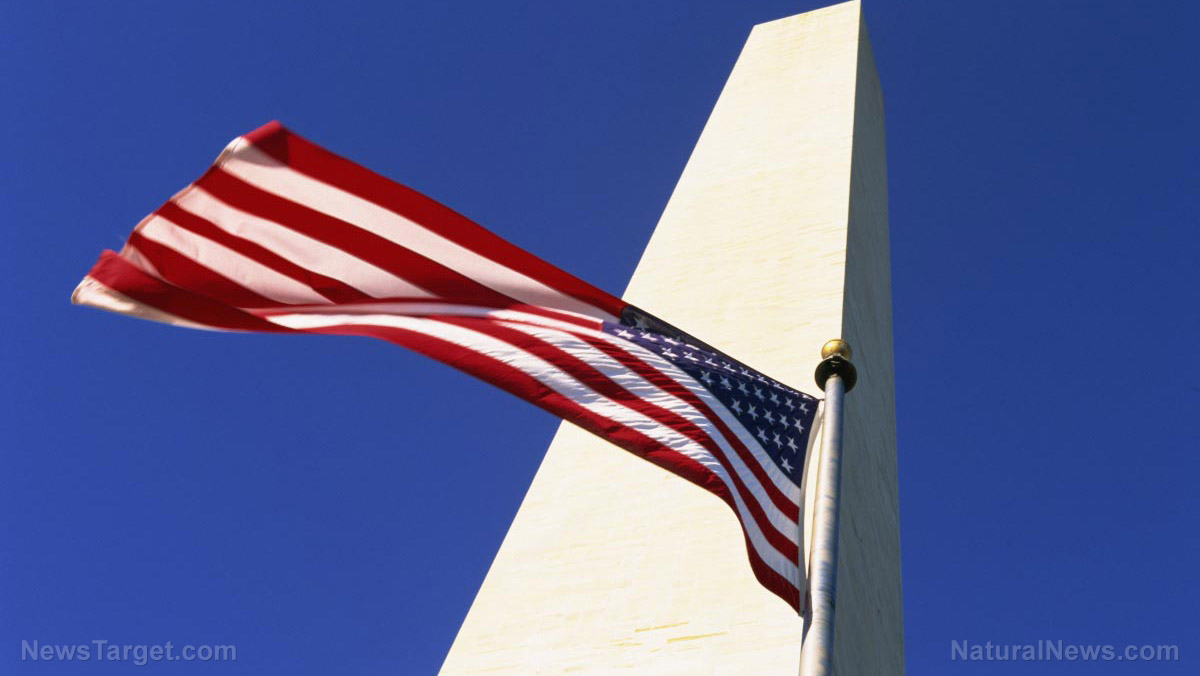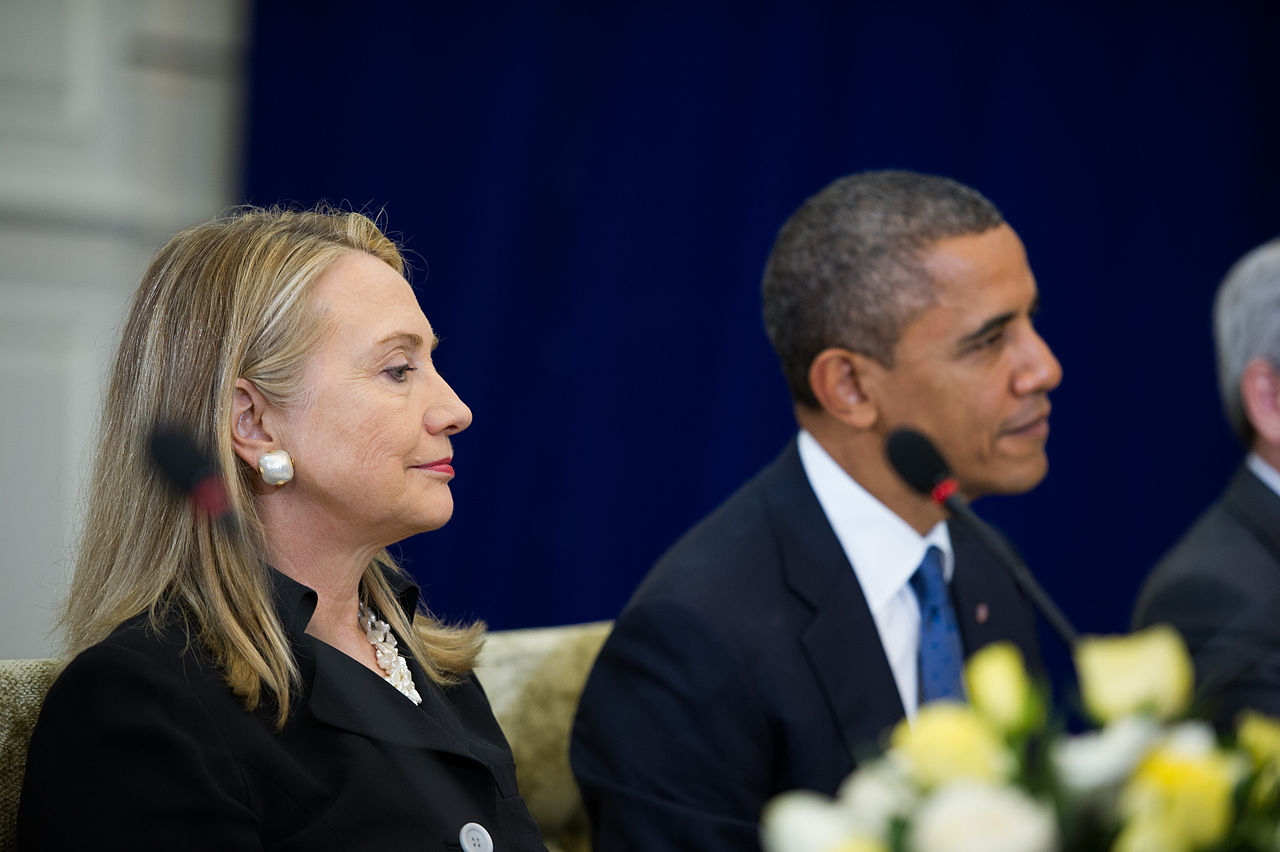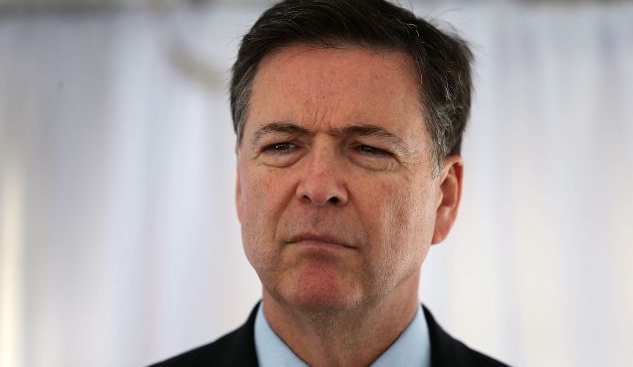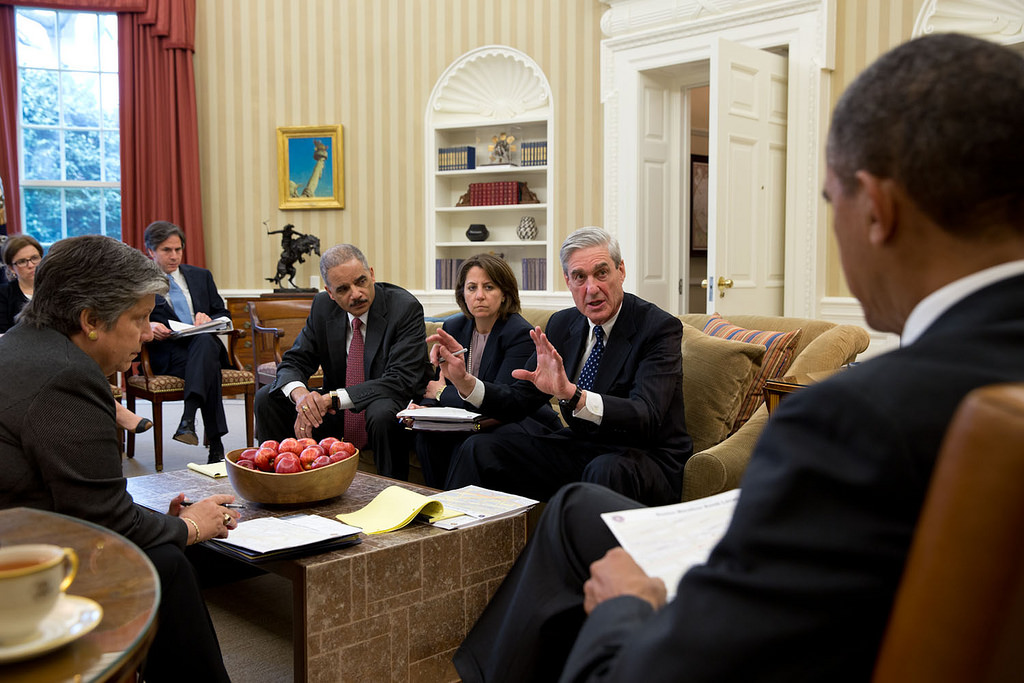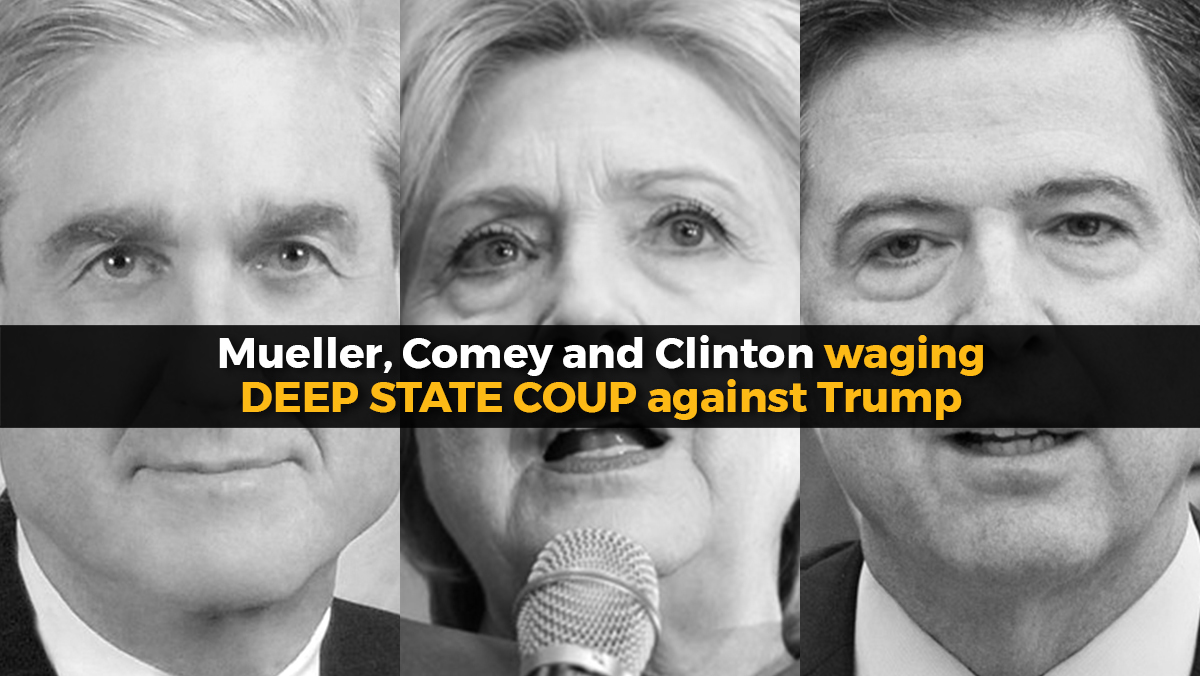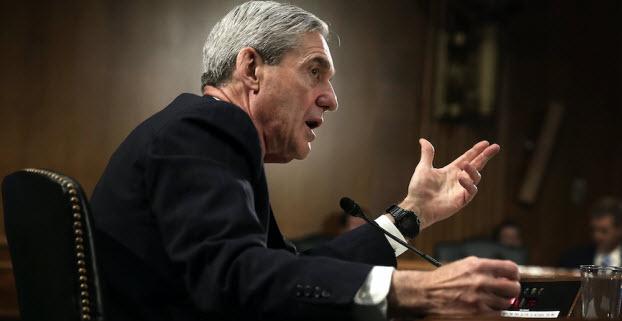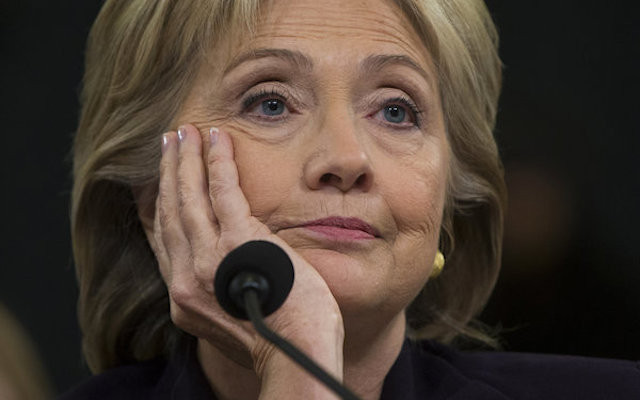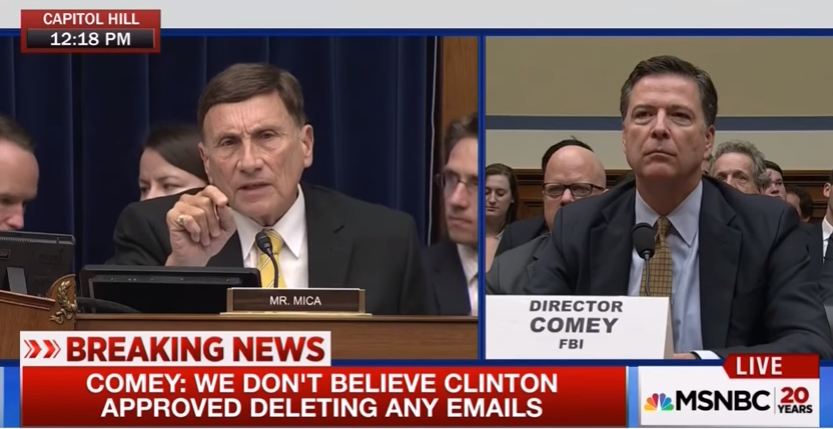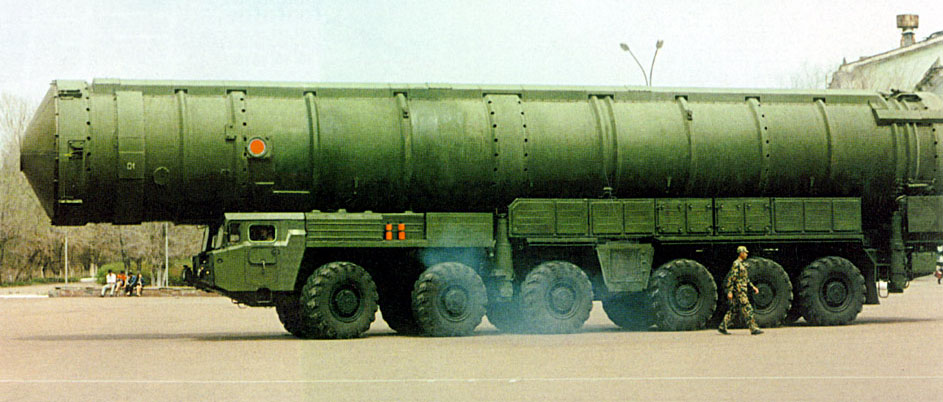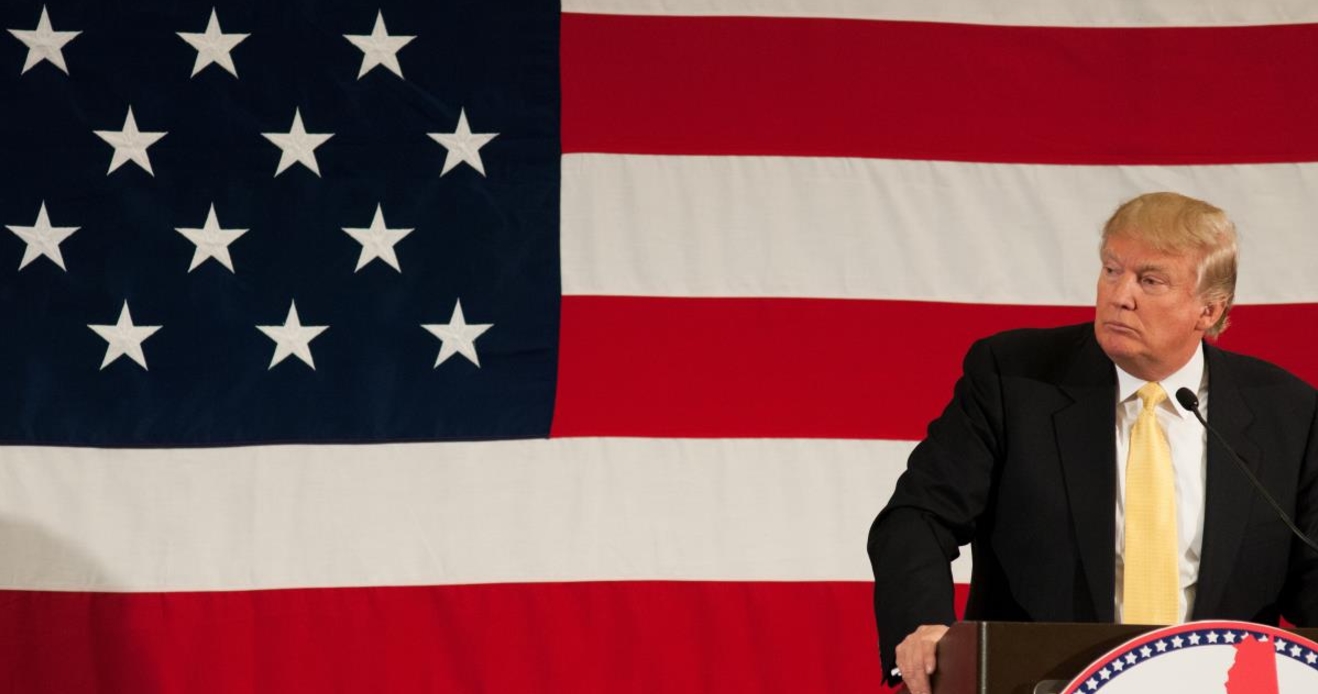07/06/2016 / By treasonnews
Secessionists across the United States are taking heart. The United Kingdom’s historic vote to leave the European Union last month has sparked interest in the far-fetched idea that U.S. states might win independence from Washington, D.C. Separatist groups are especially optimistic that Americans will be open to the idea of secession amid a presidential election that has witnessed a groundswell of populist discontent.
(Article by Clare Foran)
“Momentum is on our side,” Daniel Miller, the president of the Texas Nationalist Movement, an organization that describes its mission as the political, cultural, and economic independence of Texas, said in an interview. “The Brexit vote has shown not only that the people of Texas should become an independent nation, but that it is 100 percent possible.” Following the U.K. referendum, the group put out a call for Texas Governor Greg Abbott to support a “Texit vote.”
The improbable dream of secession is alive and well across the country and across the political spectrum. In the wake of the Brexit referendum, calls for secession everywhere from Alaska to New Hampshire have cropped up on social media. On top of that, U.S. secessionists report a flood of inquiries from people interested in supporting a separatist cause.Louis Marinelli, the president of Yes California Independence Campaign, says his group, which wants to establish an independent Republic of California, saw a three-fold increase in supporters and volunteers since the Brexit referendum. Marinelli, who founded the group after he got fed up with Congress’s failure to pass immigration reform, doesn’t love the fact that people always seem to bring up the Civil War when he starts advocating secession. He believes the U.K. referendum makes for a promising counter-example. “It will be a good thing for the cause of self-determination in America to be able to point to a peaceful and legal secession,” Marinelli said.
“Trump has certainly been good for business, and Brexit has been as well.”
There are limits to any comparison between the U.S. and the U.K. Still, the decision U.K. voters made to split from the E.U. is unprecedented, and certainly stands as a challenge to the political status quo. That alone is enough to encourage U.S. secessionists, however unlikely their aspirations. American secessionists cheered the prospect that Scotland might break away from the U.K. when it held an independence referendum in 2014, but that didn’t succeed—Brexit did.The chaos of the current presidential election has also given would-be secessionists hope. It looks all-but-certain that Americans will have to chose between two extremely unpopular candidates—Donald Trump and Hillary Clinton—in November. Dissatisfaction with a political system swamped by money and the influence of special-interests has translated into votes for Trump and Democratic candidate Bernie Sanders. At least some secessionists feel confident that American voters will want alternatives to the candidates on offer as well as the existing political order.
“Trump has certainly been good for business, and Brexit has been as well. There’s been a lot of interest since the vote took place,” said Rob Williams, publisher of The Vermont Independent , a news website that he describes as “devoted to exploring Vermont Independence, broadly defined.” The 2nd Vermont Republic secession movement took off after George W. Bush won the White House, Williams explains, though he concedes that President Obama’s election “sucked the oxygen out of the room for a bit.” He hopes the prospect of a Trump presidency will convince people to give the idea a second look. “Rational people are scared of Trump and what he represents,” Williams said. “His racism, his intolerance, his lack of vision, his wall building.”That doesn’t mean secession will actually happen in the U.S. “There’s zero chance of any state seceding from the union,” said Douglas Brinkley, a history professor at Rice University. “There are always going to be people who champion states’ rights over the federal government. Then there are going to be people who take it extremely far, and start denouncing Uncle Sam, and imagining that Alaska is its own nation or that Texas will break from the Union. Since the beginning of American history that’s held true. But it’s not going anywhere. It’s just noise.”
Long odds won’t be enough to discourage true believers—especially in the midst of a presidential election that has defied expectation. “People are looking at the circus that is the presidential election and realizing that it’s just a symptom of a much larger issue,” Miller of the Texas Nationalist Movement said. “What we have here is a backlash … against the political class and the status quo.” Marinelli of Yes California says that people tend to react in a few predictable ways when he brings up secession. “There are people who are blindly patriotic who don’t want to even consider it—we like to say they’re wearing a Star-Spangled blindfold,” he said. “There are people who love the idea. Then there are people who say, ‘Well, if Trump gets elected, you may have a point.’”
As much of a fringe idea as secession may be, to dismiss separatist movements as a complete anomaly would be to miss the point. Support for secession is ultimately an extreme version of a viewpoint that many Americans share: dissatisfaction with the way things work in Washington , coupled with a conviction that local governments know best. Those beliefs won’t dissipate anytime soon, and neither will expressions of populist anger, particularly in the midst of a contentious presidential election.
